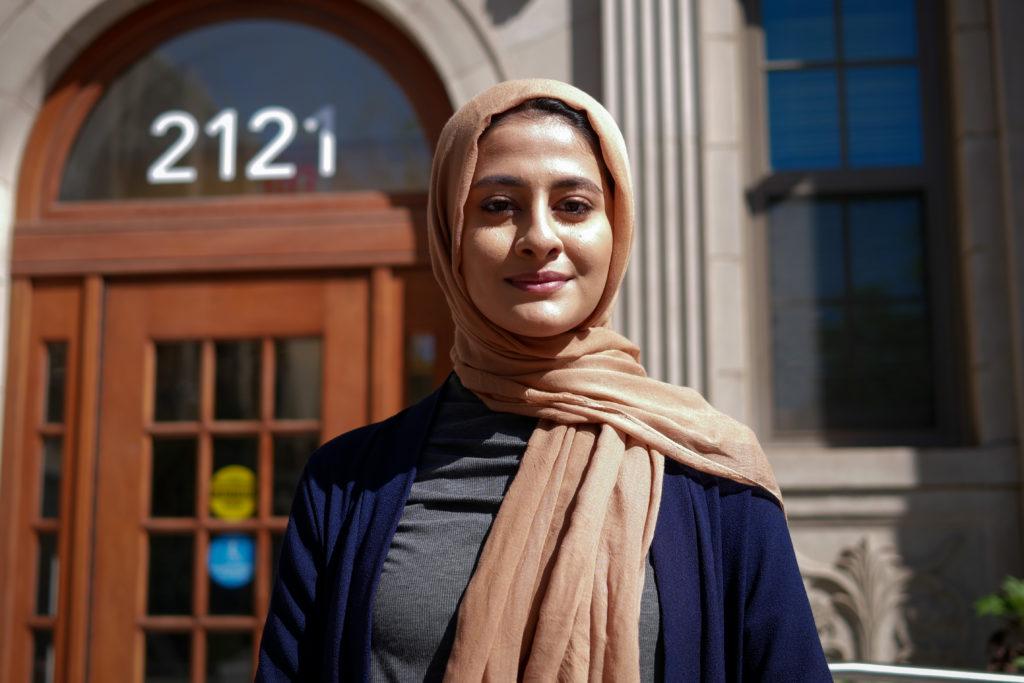Updated: April 14, 2019 at 12:19 p.m.
Muslim women and first-generation students will each have an affinity dedicated to their community for the first time next academic year.
The groups are two of 12 affinities that will be housed in residence halls next academic year, officials said. Group members said adding affinities for minority groups will encourage community building and create a residential support system for students seeking peers with similar backgrounds or experiences.
“There are going to be common struggles that each of us will go through, and we’ll have people there to help, to guide and to lean on,” Brandon Wallace, a freshman planning to live in the First Gen United affinity, said in an email.
Wallace said he noticed a lack of community among first-generation students on campus when he felt “alone” in his classes and couldn’t find peers who were also navigating college without the help of their parents. He said the affinity will help “encourage other first-gen students to seek out one another and not be ashamed of their first-gen status.”
Sara Prifti, the president of First Gen United, said the group decided to apply for affinity housing after the success of a first-generation living community that officials created on Thurston Hall’s eighth floor last fall. She said she hopes that first-generation students come together and discuss their individual identities in the affinity, which will be located on the seventh floor of District House.
“It is a community made up of students from all over the country – of different races, backgrounds and cultures,” Prifti said in an email. “As a result, something we would continuously work to ensure is that the affinity is an inclusive environment.”
Seth Weinshel, the assistant dean of housing and financial services, said roughly the same number of groups applied for affinity housing this year as previous years. He said the applicant pool was “very diverse” this year and “represented all facets of the student experience.”
“Creating community in the residence halls is one of the core functions of what residence life and GW Housing does, and affinity housing allows for very specific communities to form and prosper,” he said in an email.
Interest in affinity housing surged last spring after 18 organizations applied to fill 14 affinity spaces in District House. Students first began living in affinities after District House opened in 2016.
Maryam Ahmed, the affinity coordinator for the Muslim Women’s affinity, said the University is supporting and acknowledging the Muslim community by providing affinity space for the group.
“For us to have a space where we feel welcome and we feel safe and we feel empowered, it’s not only beneficial to us and our residents and our internal community, but I feel like that empowers us to then go out and act on behalf on the principles of our faith,” she said.
Ahmed said the fifth-floor affinity in District House will house only Muslim women and will serve as a safe space for women who do not remove their hijabs in front of men outside of their family.
“It’s not our intention to exclude anyone from that space,” she said. “Our intention is rather to uplift and empower the people who will be utilizing that space and making it somewhere they feel comfortable and they feel valued and they feel charged so that they can take on the rest of their day.”
This post was updated to reflect the following correction:
The Hatchet incorrectly reported that District House opened in 2015. It opened in 2016. We regret this error.





